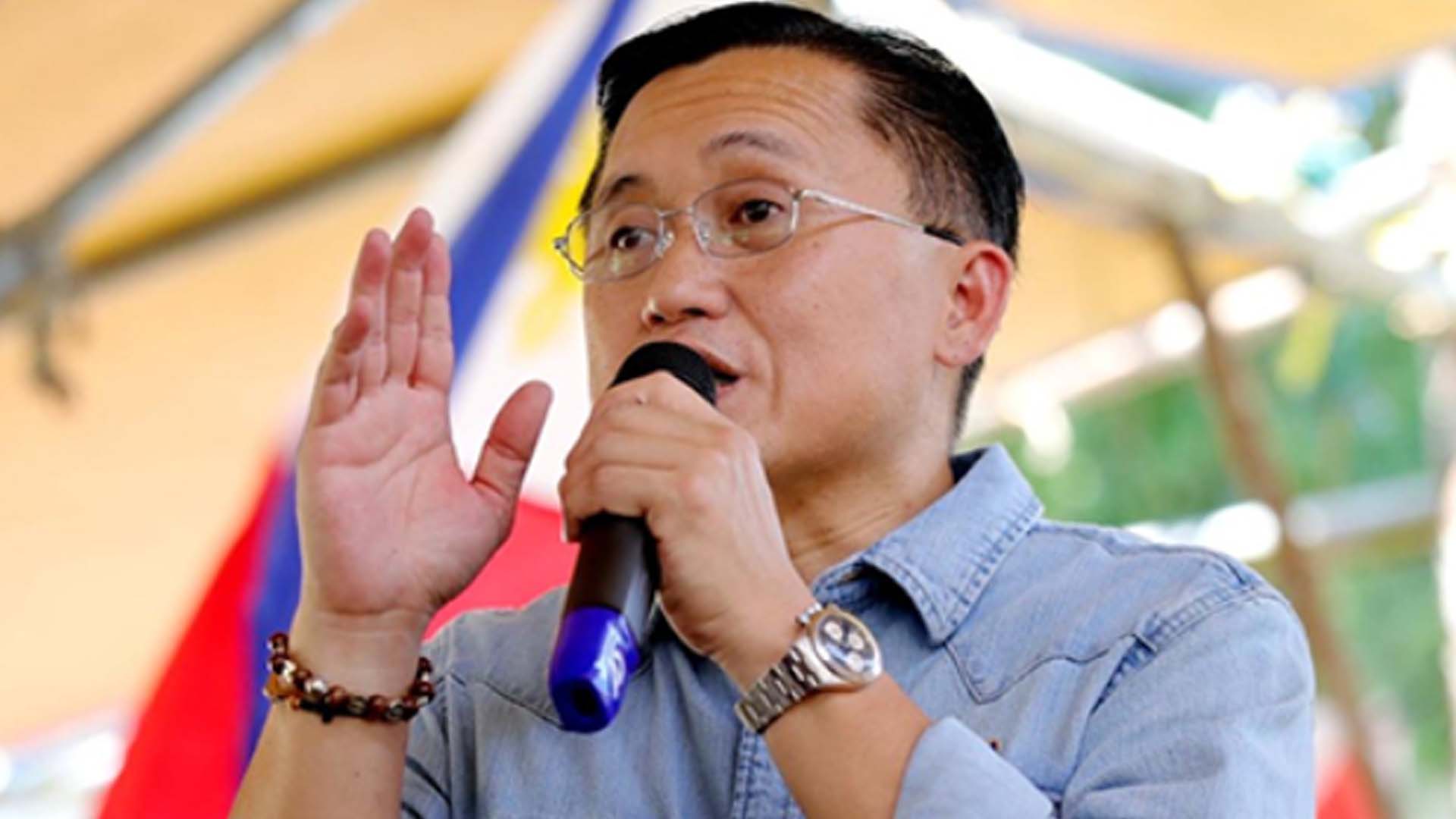Senator Christopher “Bong” Go has made an urgent appeal to the Department of Health (DOH) to intensify its information dissemination efforts in light of a recent national survey, which showed that most Filipinos are unaware of the various health programs intended to benefit them.
The survey, conducted by data analytics firm Capstone-Intel Corp., found that while 83% of the 1,205 participants were aware of DOH’s functions, only 50% were aware of the government’s HIV/AIDS programs.
Awareness levels for other programs like Universal Health Care, National Tuberculosis Control, and mental health were even lower, ranging from 28% to 45%.
Go, who has been an advocate for better access to healthcare services, urged DOH to take these findings seriously.
“The lack of awareness is a reflection of lives that could be at risk. We need to step up our information campaigns, especially in far-flung areas,” said Go.
“Lagi nating tandaan na ang katumbas ng kalusugan ay buhay ng bawat Pilipino! Tayong mga nasa gobyerno, ilapit natin ang serbisyo sa mga taong nangangailangan nito lalo na pagdating sa kanilang kalusugan,” he stressed further.
Go emphasized the importance of utilizing various platforms, including social media, to reach a wider audience.
“We need to be where the people are. Gamitin natin ang teknolohiya at gawing abot-kamay sa lahat ang impormasyon tungkol sa ating health programs,” he suggested.
Go also stressed the need for collaboration with local government units (LGUs) to ensure that information reaches even the most remote areas.
“Mahalaga ang papel ng mga LGU sa pagpapalaganap ng impormasyon. They are our partners in making sure that every Filipino is aware of the health services available to them,” he said.
“Bukod sa impormasyon, dapat ilapit natin talaga ang serbisyo at tulong, kasama na dyan ang gamot, konsultasyon, primary care at early detection of diseases sa mga komunidad,” he added.
Meanwhile, the senator also highlighted his ongoing efforts to bring services closer to the people through initiatives like Malasakit Centers, Super Health Centers, and Regional Specialty Centers.
Malasakit Centers bring together representatives from the Department of Social Welfare and Development (DSWD), DOH, Philippine Health Insurance Corporation, and Philippine Charity Sweepstakes Office. These one-stop shops aim to support impoverished patients in reducing their hospital costs to the least possible amount.
Go is the principal author and sponsor of Republic Act No. 11463 or the Malasakit Centers Act of 2019, which institutionalized the Malasakit Centers program. To date, 159 operational centers have helped more than seven million Filipinos nationwide, according to DOH.
He likewise reiterated his commitment to support the establishment of more Super Health Centers across the country, considering how they can significantly help reduce hospital occupancy rates while bringing government medical services closer to the grassroots.
Services offered in Super Health Centers include database management, out-patient, birthing, isolation, diagnostic (laboratory: x-ray and ultrasound), pharmacy and ambulatory surgical unit. Other available services are eye, ear, nose, and throat (EENT) service, oncology centers, physical therapy and rehabilitation center and telemedicine.
Go also principally sponsored and is one of the authors of Republic Act No. 11959, also known as the Regional Specialty Centers Act, which was signed into law by President Ferdinand “Bongbong” Marcos, Jr. on August 24.
The law mandates the establishment of regional specialty centers within existing DOH regional hospitals. It stands as a testament to the commitment of the government to uplift the nation’s health infrastructure.
Go then emphasized that the ultimate goal is to bring both vital information and actual services closer to the Filipino people.
“We have to bridge the gap. Let’s make healthcare not just something people hear about but something they can actually experience and benefit from,” he concluded.























